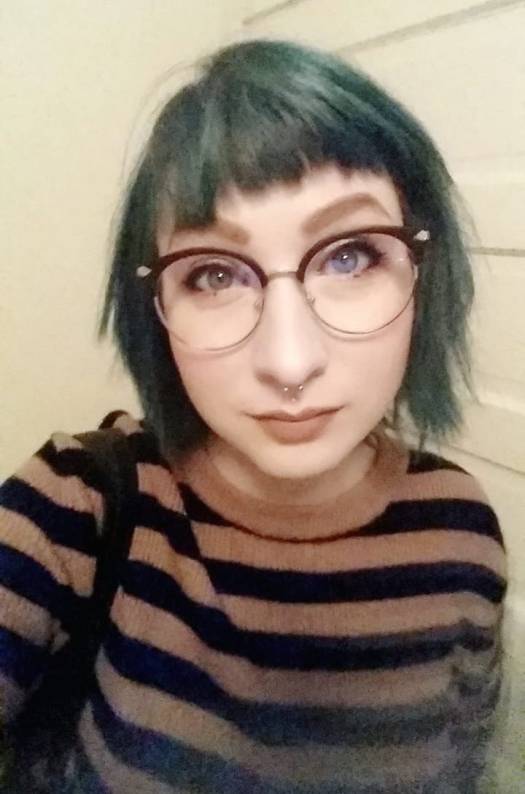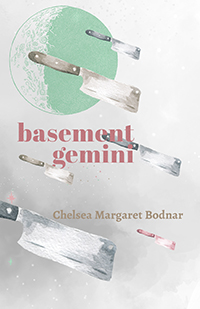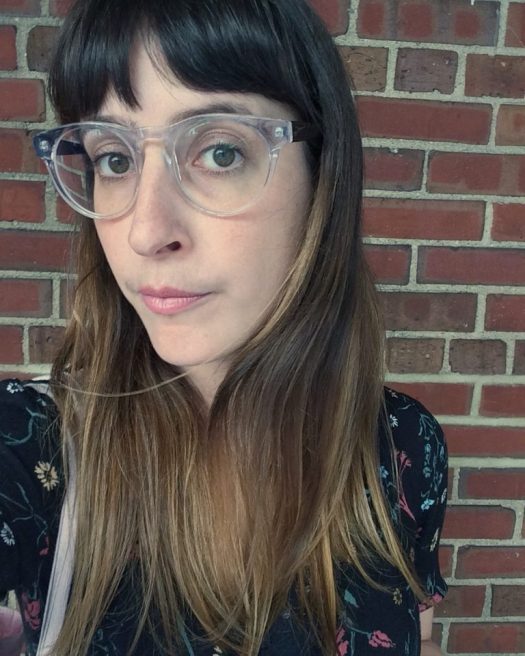
Anthony Frame is an exterminator from Toledo, Ohio, where he lives with his wife. He is the author of A Generation of Insomniacs and of three chapbooks, including Where Wind Meets Wing (Sibling Rivalry Press, 2018) and To Gain the Day (Red Bird Chapbooks, 2015). He is also the editor/publisher of Glass Poetry Press, which publishes the Glass Chapbook Series and Glass: A Journal of Poetry. His work has appeared in Third Coast, Muzzle Magazing, The Shallow Ends, Harpur Palate, and Verse Daily, among others, and in the anthologies Drawn to Marvel: Poems from the Comic Books (Minor Arcana Press, 2014), Come As You Are: An Anthology of 90s Pop Culture (Anomalous Press, 2018), and Not That Bad: Dispatches from the Rape Culture (HarperCollins, 2018). He has twice been awarded Individual Excellence Grants from the Ohio Arts Council. (Note: bio from the poet’s website.)
Your most recent collection of poetry is Where Wind Meets Wing. Tell us about the project and how it came into being.
 Where Wind Meets Wing was an odd collection/project for me. I tend to be a project writer — after writing a few poems, I start to become obsessed with an idea or image or rhythm or something like that and then I focus on it until a collection starts to take shape. Of course, by the end of the project, the final manuscript has usually drifted pretty far from the original obsession but that still tends to be my writing process: fiddle around for a while until I get hooked by something.
Where Wind Meets Wing was an odd collection/project for me. I tend to be a project writer — after writing a few poems, I start to become obsessed with an idea or image or rhythm or something like that and then I focus on it until a collection starts to take shape. Of course, by the end of the project, the final manuscript has usually drifted pretty far from the original obsession but that still tends to be my writing process: fiddle around for a while until I get hooked by something.
Wind happened very differently. A lot of things kind of came together organically and independent of themselves and then, suddenly, I had a new manuscript.
I had recently released my first full length, A Generation of Insomniacs (Main Street Rag Press), and, in the time between finishing Insomniacs and finding a publisher for it, I had been writing a lot of poems about my job as an exterminator. The subject matter was very different than my usual poems about Kurt Cobain and Tori Amos. And they were really rough — really narrative, which is fine with me, but there was almost no sense of music to the poems, which wasn’t fine with me. I needed to do something to re-engage with my poetic voice or to evolve my voice to accommodate these narratives I wanted to write about.
Continue reading “Poet Spotlight: Anthony Frame on the environmental impact of people and making poetry dance”








